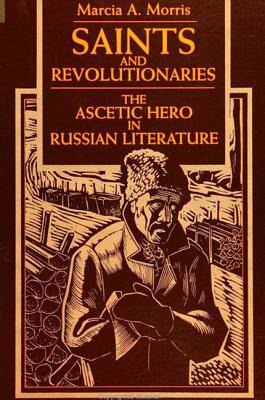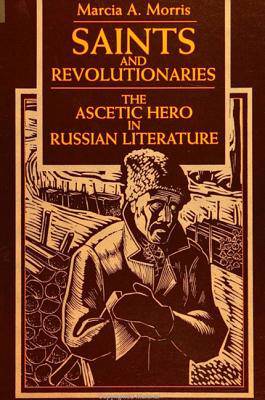
Bedankt voor het vertrouwen het afgelopen jaar! Om jou te bedanken bieden we GRATIS verzending aan op alles gedurende de hele maand januari.
- Afhalen na 1 uur in een winkel met voorraad
- Gratis thuislevering in België
- Ruim aanbod met 7 miljoen producten
Bedankt voor het vertrouwen het afgelopen jaar! Om jou te bedanken bieden we GRATIS verzending aan op alles gedurende de hele maand januari.
- Afhalen na 1 uur in een winkel met voorraad
- Gratis thuislevering in België
- Ruim aanbod met 7 miljoen producten
Zoeken
€ 145,45
+ 290 punten
Uitvoering
Omschrijving
An examination of literary works spanning more than seven centuries, this volume studies the ascetic hero and asceticism, exploring the elusive interplay between religion, politics, and belles lettres in Russia. The first part places works including the thirteenth-century Kievan Crypt Patericon and Life of Avraamii Smolenskii, Epifanii's Life of Sergii Radonezhskii, and other lives written in the north of Russia, in the context of crucial religious doctrines such as apocalypticism and deification. The author shows how Old Russian literature plays a major cultural role in the continuing development of these doctrines on Russian soil. The second part traces a revival of the Russian fascination with themes of apocalypse and perfectibility to the nineteenth and early twentieth centuries. Morris also documents the development of a divergence in ideological approach between Russian writers who continued to view apocalypticism and deification as religious phenomena and those who used them as tools of social and political struggle. Works by Gogol, Tolstoy, Dostoevsky, Chernyshevsky, and Gorky, as well as classic novels of the socialist realist tradition are analyzed as evidence of the underlying unity of the literary manifestations of this ostensibly bifurcated intellectual tradition.
Specificaties
Betrokkenen
- Auteur(s):
- Uitgeverij:
Inhoud
- Aantal bladzijden:
- 256
- Taal:
- Engels
- Reeks:
Eigenschappen
- Productcode (EAN):
- 9780791412992
- Verschijningsdatum:
- 11/02/1993
- Uitvoering:
- Hardcover
- Formaat:
- Genaaid
- Gewicht:
- 526 g

Alleen bij Standaard Boekhandel
+ 290 punten op je klantenkaart van Standaard Boekhandel
Beoordelingen
We publiceren alleen reviews die voldoen aan de voorwaarden voor reviews. Bekijk onze voorwaarden voor reviews.












